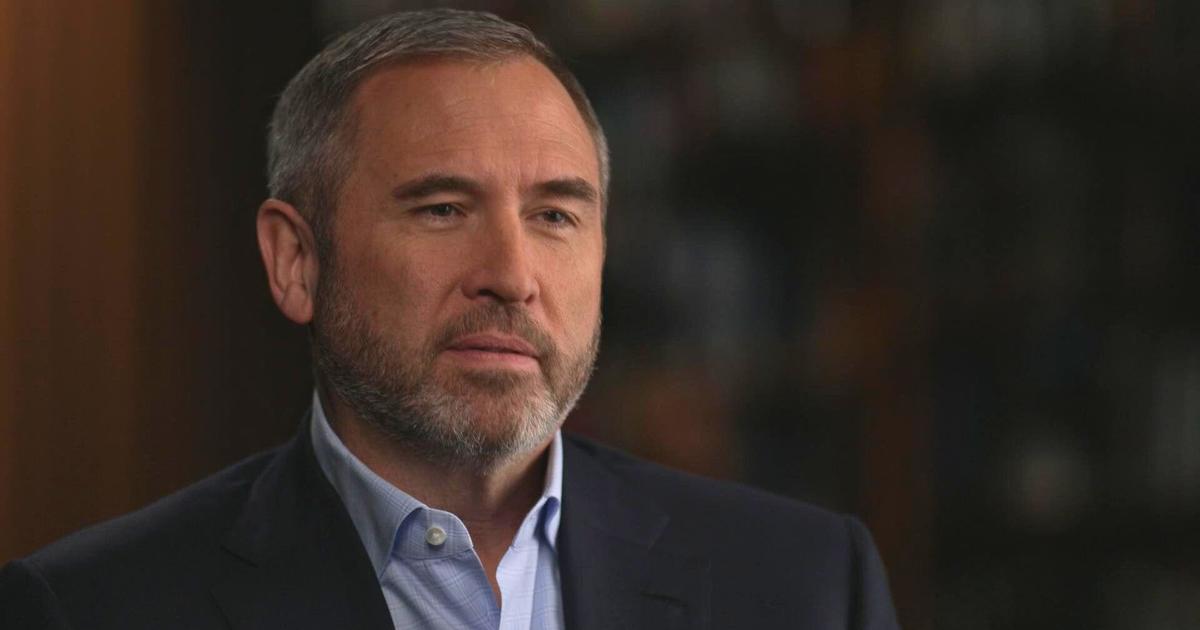The Crypto Industry Flexes Its Political Muscles in the 2024 Election
The 2024 election marked a significant turning point for the cryptocurrency industry, which made headlines not just for its soaring market values, but also for its unprecedented political influence. Following President-elect Donald Trump’s win, Bitcoin’s price surged to record highs, sparking renewed interest and investment in the digital currency space. This election cycle saw the crypto sector pouring millions into super-PACs, a move that has left many political analysts and enthusiasts alike pondering the implications and motivations behind such financial firepower.
Ripple CEO Brad Garlinghouse has been vocal about the reasons behind this influx of cash. He points to a growing recognition among crypto advocates that their industry needs to have a seat at the political table. With traditional financial systems facing challenges and regulatory scrutiny, the cryptocurrency sector is determined to shape its future by influencing policy decisions that could either hinder or promote its growth. This strategic investment in political action committees (PACs) is a clear signal that the crypto industry is no longer a fringe player but a formidable force in American politics.
Rarely in American politics has a new industry spent so much money with such apparent impact. The influx of funds from the cryptocurrency sector reflects its desire to advocate for favorable regulations and to protect its interests as the market evolves. The stakes are high, as policymakers grapple with the best ways to regulate digital currencies while encouraging innovation.
As we delve deeper into the events of the 2024 election and the role of cryptocurrencies, it becomes apparent that this industry is poised for significant influence in the political landscape. From lobbying efforts to direct contributions to candidates who support their agenda, the crypto community is making its presence known.
The implications of this newfound political muscle extend beyond just campaign contributions. With the crypto market growing rapidly, issues such as taxation, consumer protection, and anti-money laundering regulations are becoming hot topics of discussion. The investment in super-PACs suggests that the industry is not only interested in immediate gains but is also focused on long-term stability and growth.
Looking forward, the challenge for cryptocurrency advocates will be to maintain momentum and ensure that their voices are heard as new regulations are proposed. The 2024 election has set the stage for a new era of political engagement within the crypto industry, and how it navigates this landscape could shape its future for years to come.
In conclusion, the crypto industry’s political flexing during the 2024 election highlights a critical evolution in its relationship with traditional politics. As Bitcoin and other cryptocurrencies continue to gain popularity, their champions are determined to ensure that their interests are represented in the halls of power. The coming years will reveal whether this investment in political influence will pay off, paving the way for a more favorable regulatory environment for digital currencies.

